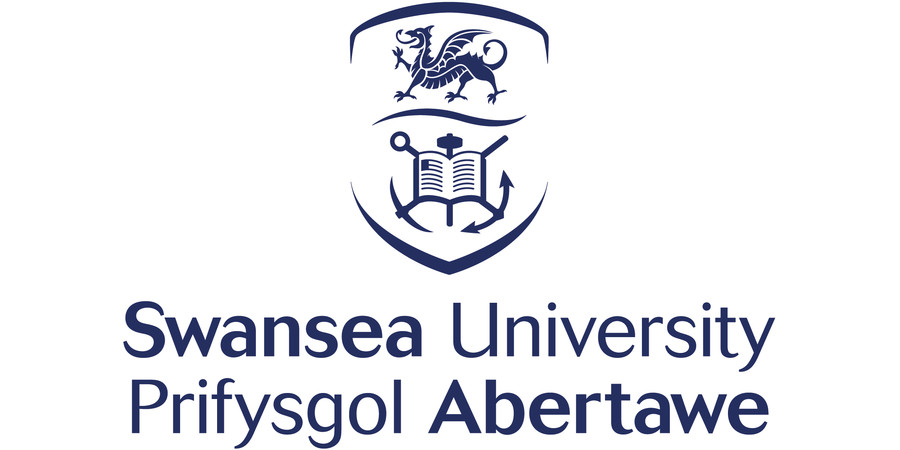Electronic and Electrical Engineering: Fully Funded Vishay PhD in Wide Bandgap High Voltage Power Management
Swansea University - Faculty of Science and Engineering
| Qualification Type: | PhD |
|---|---|
| Location: | Swansea |
| Funding for: | UK Students |
| Funding amount: | £20,780 |
| Hours: | Full Time |
| Placed On: | 28th July 2025 |
|---|---|
| Closes: | 20th August 2025 |
| Reference: | RS877 |
The project will work alongside Vishay Intertechnology, which brings together a number of world leaders in power semiconductors and energy conversion to develop solutions for automotive, aerospace, industrial and grid-level power electronics. The purpose is to improve the electric vehicles and the UKs energy infrastructure as we move into a low carbon economy. A paradigm shift in technology will be required in order to cope effectively with an ever-increasing amount of renewable energy being brought online. It is envisaged that other forms of renewable energy e.g. tidal, solar could also play a role alongside traditional coal fired power stations and nuclear energy generation. Revolutionary changes to power conversion is indispensable if these carbon emissions targets are to be met. The objective is to enable a step change in power conversion, transmission and distribution through power electronics based on new materials. At the heart of such systems are power semiconductor devices.
The advantages of wide bandgap materials such as silicon carbide (SiC) and gallium nitride (GaN) for power electronic applications are well documented. Gallium Oxide (Ga2O3) is an emerging oxide semiconductor that has recently been identified as a promising candidate for power electronics and photovoltaics. There are very few reports on this exciting new material. This project is aimed at understanding the fundamental performance limit of Ga2O3 power devices through finite element modelling (electrical and thermal) and device fabrication aimed at both power electronics and photovoltaics. A self-motivated individual who will be based between the Faculty of Science and Engineering will conduct research into the latest gallium oxide power electronic devices. The research work will be undertaken in a state of the art, brand new Centre of Integrative Semiconductor Materials (CISM) cleanroom.
Funding Comment
This scholarship covers the full cost of tuition fees. An annual stipend at UKRI rate (currently £20,780 for 2025/26) and an annual enhanced stipend of £2500.
Additional research expenses will also be available.
Funding Duration: 3 Years
Advert information
Type / Role:
Subject Area(s):
Location(s):









